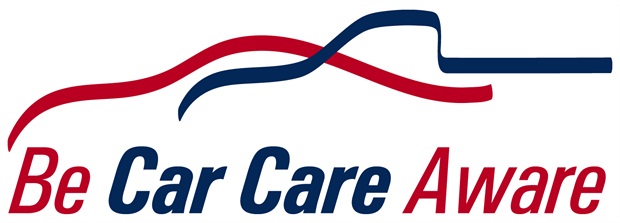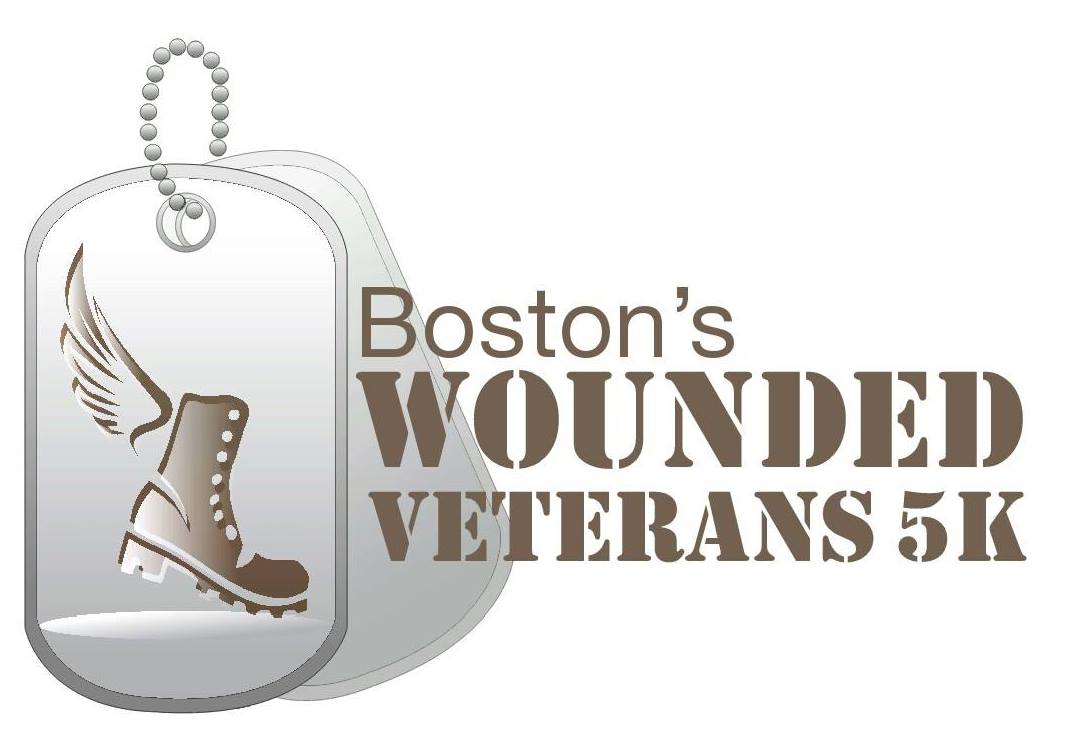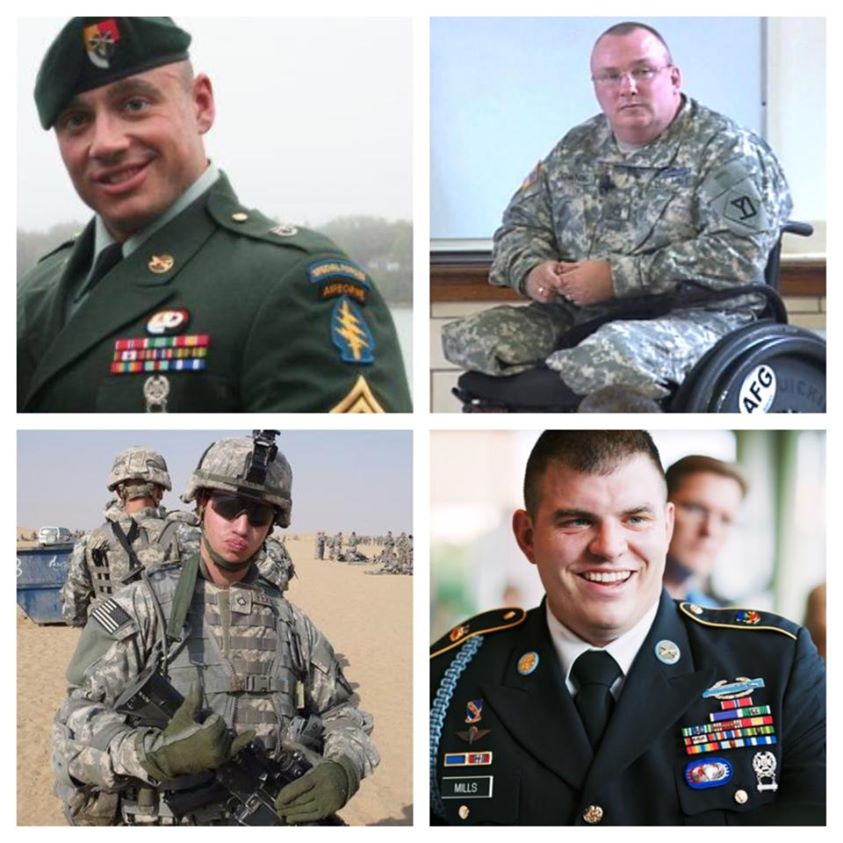Wheelchair
Accessible Vans
Rear entry Vs. Side entry
Buying New Vs. Buying Used
Manual Ramp Vs. Powered Ramp
Honda Vs. Dodge/Chrysler Vs. Toyota Vs. Ford
Certified Mobility Dealer Vs. Car Dealer Vs. Buying online
What do you need to know to get maximum benefit for minimum expense?
Good information is the key to saving money and getting the most value for the dollar when making a big-ticket purchase like a wheelchair-accessible vehicle.
With that in mind, Seek out and find experts who truly care. Here are some answers to common questions about adaptive mobility equipment.
Can I just go to a car dealer down the street or do I need a certified mobility dealer?
Certified mobility dealers will help you buy the right vehicle and adaptive mobility equipment to meet your needs now and in the future. Future planning is especially important for people with muscle diseases that get progressively worse over time.
“Technology has improved tremendously over the years so there are numerous products available. Our goal is to help people find the right equipment that best fits their needs,” says Jim Sanders, president of Automotive Innovations based in Bridgewater, MA for over 25 years.
“Many times, consumers will go to a car dealer and buy a vehicle that can’t be modified or one that doesn’t fit their needs. And once you buy a vehicle, normally it’s very difficult to return.”
The National Mobility Equipment Dealers Association (NMEDA), a nonprofit organization that provides consumer guidance and ensures quality and professionalism in the manufacturing and installation of mobility equipment. Members include mobility equipment dealers, manufacturers, driver rehabilitation specialists and other professionals.
NMEDA member-dealers must follow the safety standards established by the National Highway Traffic Safety Administration (NHTSA), in addition to NMEDA’s own stringent guidelines.
Some dealers choose to enroll in NMEDA’s Quality Assurance Program (QAP), which requires them to adhere to national motor vehicle safety standards, and use proven quality control practices to yield the highest level of performance and safety. Automotive Innovations was the First Mobility Dealer in Massachusetts to enroll and exceed the safety standards.
“The QAP dealer is audited by an outside engineering firm to verify that technicians have been trained and that the dealer has insurance and make sure the facility is ADA-compliant,” which means the QAP dealer is going above and beyond.
Can I get a better price if I buy online rather than from a dealer?
As with any online shopping, the warning “buyer beware” rings true. Buying online without trying out different vehicles with different conversions can be a costly mistake. Furthermore there are many grey market converted vans being offered as quality conversions.
Online, you are mostly shopping blind. Typically you will have no idea how the vehicle you need will work for you, even with specific recommendations from a driver evaluator or occupational therapist.
“You definitely shouldn’t buy a wheelchair accessible vehicle online, most online sellers are not qualified Mobility Dealers attempting to assess your needs, they’re just car dealers trying to sell you something.”
Some online dealers even have questionnaires on their websites to try and give you the idea your getting what you need. But, it will never replace being able to go to a local mobility dealership and try the vans out first hand.
A mobility vehicle is probably the second-largest purchase after a house. You should see it, try it out, and make sure it’s something that will work for you and your family. It’s horrible when people spend so much an a vehicle that will never work for them.
Every vehicle is a little bit different — such as in the dimensions, electrical and fuel systems, or suspension modifications. “If you go online and buy a wheelchair accessible vehicle based on the price, you’re not really looking at the total package.”
While buying online may be able to save you some money up front, it won’t over the long term.
In addition to you missing out on the important local service contact that a mobility equipment dealer provides, these online deals or grey market vans are worth much less when it comes time to trade it in.
What are some common mistakes people make when buying a modified vehicle?
Manufacturers and mobility dealers agree that one of the most common — and costly — mistakes is buying the vehicle first and then shopping for the conversion or adaptive mobility equipment. Not all vehicles can be converted.
For example, If you purchase a minivan from a traditional car dealership you can hit a roadblock if it doesn’t meet specific requirements to have the floor lowered for a rear- or side-entry conversion.
What are some good questions to ask a dealer or manufacturer?
Although buying a modified vehicle can be “a daunting experience,” says VMI’s Monique McGivney, it also can be “exciting and fun when you walk in armed with good questions and information.”
Prior to getting an assessment from a mobility dealer, evaluate your needs and try answering the following questions:
- What vehicle will fit in my garage?
- What kind of parking issues will I encounter where I live?
- What is the size and weight of my wheelchair?
- What is my seated height in the wheelchair?
- How many people will ride in the vehicle?
- In what part of the vehicle do I want to sit?
- Will I be able to drive with hand controls?
- Do I want a full-size van, minivan or alternative vehicle?
- Do I want manual or power equipment?
- Will an in-floor ramp or fold-out ramp meet my needs?
- What is my budget, and do I have access to supplemental funding?
The first question most mobility dealers will ask you is: “What is your seated height in the wheelchair?” From there, the dealer can advise whether a full-size or minivan is appropriate, and what kind of conversion is needed.
Be sure to ask the dealer about the warranty and how the vehicle can be serviced.
Which Make and Model is the best for a handicapped accessible vehicle?
It honestly depends on what you fit into best and what options you prefer.
No two wheelchair accessible vehicles are the same. They vary in size, shape, color, features and design depending on the vehicle’s make and model. The only way to guarantee which is the best vehicle for you is if you come in and try them all out.
For example: The Honda has a little bit more room inside to maneuver a wheelchair than a Dodge, just as a Toyota has a bit more space than a Honda. A Ford offers more headroom than all of the above. But that all depends on the conversion and manufacturer.
Although color and features matter least to us, some find them just as important as fitting into the vehicle. Each Manufacturer offers their own color schemes, which you can look up on their websites. You can also search for what features you would prefer to have.
When you come into our Mobility Center we will help you find the vehicle that best fits you and your family’s needs. If you love the vehicle but not the color or features we can custom order a vehicle for you. That way we know you are buying a vehicle that best fits you and one that you are 100% happy with.
Which is better: rear entry or side entry?
The most important difference between a rear entry and side-entry conversion is that with a rear entry, wheelchair users can’t drive from their wheelchairs nor can they ride in the front passenger seat. From there, the choice comes down to personal preference and budget.
In recent years, because of quality, convenience and cost, there’s been a shift toward side entry vehicles. Rear entry is more of a frugal modification, involves a less of conversion process and is typically a little less expensive than a side-entry conversion.
Many people prefer side entry with an in-floor conversion for many safety reasons additionally because they can park almost anywhere and not worry deploying the ramp out into traffic. Also, side entry allows the consumer to ride in the passengers front position along with maintain the rear seats in a minivan because the conversion doesn’t affect that area.
Rear entry is harder to get out of compared to a side-entry.
Anyway you look at it side-entry vehicles are more versatile. For example, side entry allows someone with a progressively worsening condition to use the vehicle for a longer period of time. A wheelchair user can start out driving from his or her chair, and then move to several other positions in the vehicle when no longer able to drive.
Side-entry conversions typically are a little more expensive than rear-entry because they’re more intrusive and labor intensive. For example, with a minivan, the entire floor and frame must be removed and replaced with a lowered floor and new frame.
What’s the difference between a fold-out ramp and in-floor ramp?
This decision comes down to safety, aesthetics, convenience and cost.
A fold-out ramp folds up into the vehicle, takes up valuable space in the passengers front area and must be deployed whenever the door is opened.
The in-floor ramp slides under the floor which makes riding in the vehicle safer for anyone seated in the passengers front position or the mid-ship position. There is no obstruction to the doorway so other passengers can enter and exit without deploying the ramp. In-floor ramps are currently only available as a side-entry minivan conversion, but they offer a manual (un-powered) option as well.
In-floor ramps in addition to being safer will generally provide more room in the vehicle because there’s nothing blocking the doorway. The ramp is “out of sight, out of mind” and may last longer because it doesn’t have to be deployed each time the side passenger door opens.
Fold-out ramps generally cost a little less than an in-floor ramp and consumers can select from manual and power versions; a power fold-out ramp still costs less than an in-floor ramp.
If an in-floor ramp system breaks down or the vehicle loses power, VMI’s in-floor ramp systems have a backup system (sure-deploy) that bypasses the vehicle’s battery.
A lot of people just feel more secure knowing there isn’t a fold-out ramp next to them in the event of a accident.
I use a wheelchair, but a van or minivan just isn’t “me.” Are they my only options?
You have other choices.
Lowered-floor conversions with fold-out ramps can be done on the Honda Element, Chrysler PT Cruiser and Toyota Scion. The conversions are small and don’t fit as many people.
Due to them being built on a much smaller scale, the ones we have seen have not been built with the same level of quality as the minivan conversion. Parts availability and repairs have been a problem, some of the companies that converted them are out of business and or have no support for “something they used to build”
If you prefer to keep your standard car rather than purchasing a modified vehicle — and can make the transfer from a wheelchair to a car seat — the answer may be as simple as a set of hand controls or a left foot gas pedal
Turning seats can be used in a wide range of vehicles, from sedans to SUVs and pickup trucks. A way to transport the wheelchair (like a rear lift) also is needed.
The rate at which your symptoms worsen is one thing to consider when looking at turning seats — is it likely you’ll be able to transfer and ride in a car seat for many more years? Also, be sure to check with a mobility dealer to determine if your vehicle can accommodate a turning seat and a wheelchair lift.
Why are modified vehicles so expensive?
A vehicle conversion can cost consumers upwards of $27,000 — and that’s just the cost for the conversion, not the vehicle. The total package can run between $45,000 and $80,000 — or more.
Besides the cost of the components, the reason it’s so pricey is that basically there is a lot of work involved to build a quality vehicle.
Modified vehicles from certified manufacturers and dealers must meet NHTSA’s Federal Motor Vehicle Safety Standards (FMVSS). That means all modified vehicles must be properly crash tested. (To learn more, visit www.nhtsa.dot.gov.)
It’s quite a labor-intensive process because of the customization. When you make structural modifications to a vehicle, you have to go through all of the crash testing, and you have to show that the vehicle is compliant again, and those tests are very expensive.
Most of the time lowering the floor in a minivan requires replacing or moving the fuel tank. Once the conversion is finished, the vehicle still has to meet the original requirements for evaporative emissions, in addition to NHTSA requirements.
How can I pay less?
You have a few options.
You could cut costs by purchasing a pre-owned vehicle with a new conversion, typically saving you around $10,000 to $12,000.
The previous van owner already has absorbed the depreciation hit on a new van, which essentially occurs right after they’ve driven off the dealer’s lot.
Buying used can be beneficial for first-time buyers who want to try out a vehicle for a few years before buying new.
But if you plan to buy used, do some research and make sure the vehicle is structurally sound including the conversion. Ask for a vehicle history (CARFAX) report, and get the vehicle inspected by a mobility dealer to ensure it’s in good shape and was well taken care of.
Another tactic to help save you money is to ask your Certified Mobility Dealer about any rebates or financial aid options that could benefit you.
How do people manage to pay for it?
Many consumers used home equity loans to purchase a vehicle and adaptive equipment.
Many dealers and manufacturers work with lending institutions that offer extended-term financing, including 10-year loans, allowing consumers to make lower, more affordable monthly payments. The downside is that consumers are locked into the vehicle for 10 years, and end up paying more in interest.
If you finance for 10 years, and you’re not going to keep the vehicle for that amount of time, you’re going to lose money when you try to sell or trade it because you haven’t paid off much of the balance.
When you buy a new vehicle, many car manufacturers offer mobility reimbursement programs (up to $1,000) to help offset the cost for the purchase and installation of adaptive equipment.



